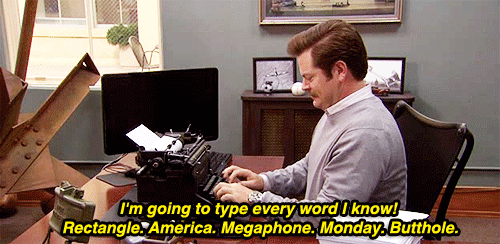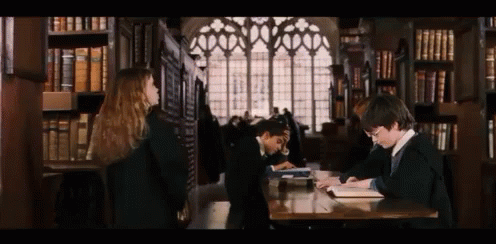Hello Scripps! I hope all is well in Southern California. The weather here in Dublin has been getting chillier, and I’ve been wearing, wait for it…. scarves! And a coat! Both of which are practically anomalies in Southern California.
As I’m sure it is for you all in Claremont, things are ramping up here in Dublin and professors have already started to discuss final papers. Eep! 
Here at Trinity, and at many European institutions, humanities courses are graded based on just one, or occasionally two, essays that students turn in at the end of the semester. This past week, my professors have begun talking about these final essays and I‘ve found myself feeling more stressed than I have been all term. The fact that we are halfway through the term has set in, and the fact that I have to write six long papers has done a good job of scaring me into beginning to think about my essay topics.
Thankfully, most of my professors have given us assignments that require us to start thinking about potential topic ideas. This is convenient, as I’ve now had to start thinking about my topics and will receive feedback from my professors as well. 
This is somewhat different from Scripps, where I will often stop by office hours to talk with a professor and discuss an idea for my essay. Here, where the class sizes are so large, it is hard to get individual attention during office hours. Thus, having a piece of writing that contains your topic ideas allows them to give you feedback and is a sort of substitute for that one-on-one time you might be used to in office hours.
I have also found that catching professors after class can be more effective if you aren’t able to make their office hours, or if they are too crowded for a one-on-one conversation. If I have a quick question about something that was discussed during the lecture, I will stay after to ask the professor, which I find to be most effective because the idea is fresh in my brain and then I don’t have to worry about trying to get to their office hours. Just like the professors at Scripps and the 5Cs, professors at Trinity are always more than happy to discuss topics from the lecture or answer any questions you have about the material.
One thing I was nervous about, coming to Trinity, was how accessible the professors would be, and they have proven to be very accessible. Particularly when it comes to emailing, I was warned that oftentimes, professors wouldn’t respond promptly and was nervous that I would have a hard time getting in touch with them. I don’t think I’ve ever gone more than 24 hours without receiving a response from a professor, which I would compare to the response time of professors at Scripps and was very pleased that it didn’t live up to its expectations.
As it’s the middle of the semester at Scripps as well, I’d like to empathize with those back home. Even though I’m in a different country and have been able to travel, I’m still spending my days in the library, doing lots of reading and writing, so just to emphasize that it’s not all play over here.
Please let me know if you’d like to talk with me about Trinity or study abroad; I’d be happy to share about my time here!

